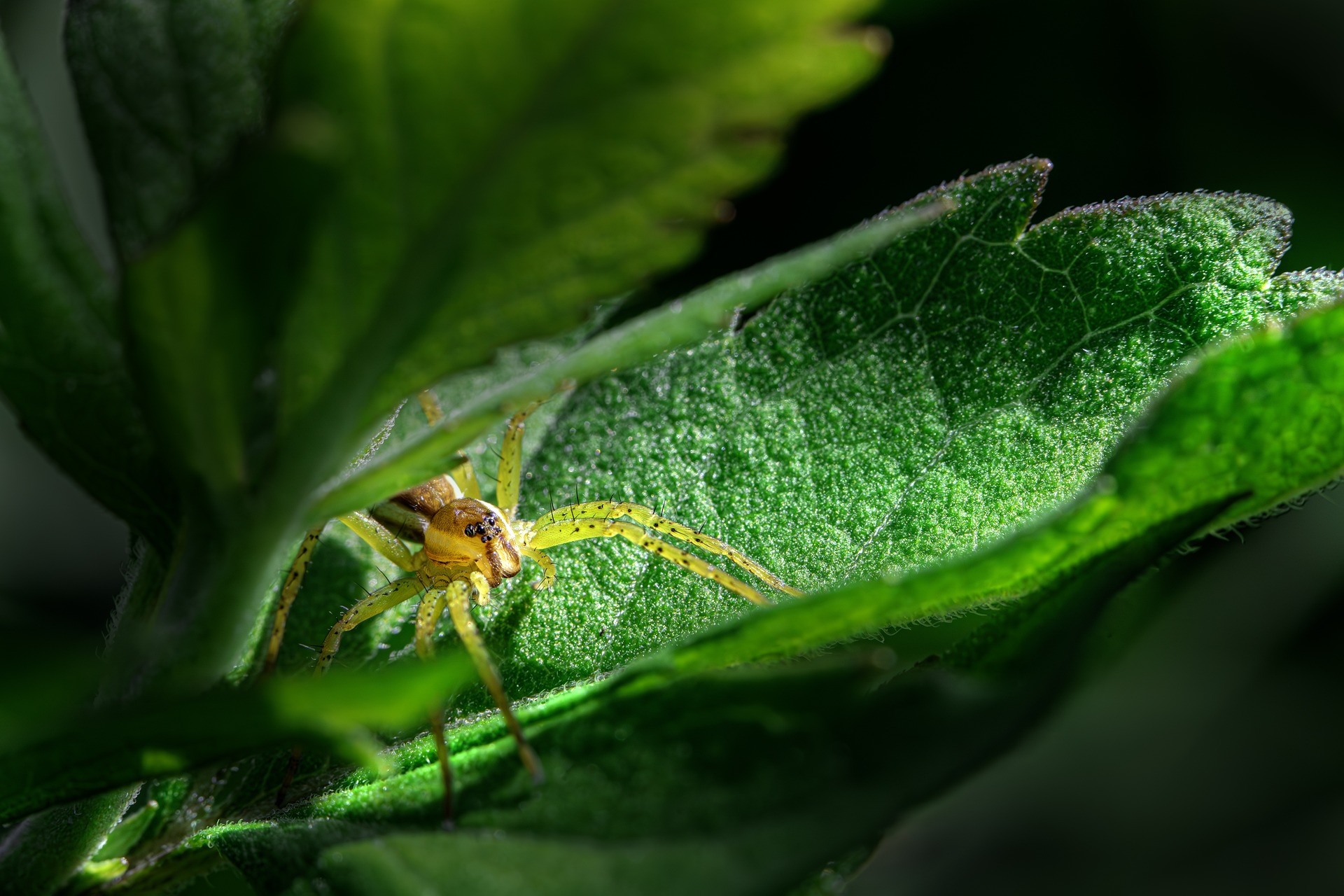The wolf spider is a fascinating and diverse family of spiders known scientifically as Lycosidae. Here are some key features and characteristics of wolf spiders:
- Appearance: Wolf spiders are generally robust and hairy spiders with a stocky build. They typically have dark brown to gray coloration, sometimes with various markings or patterns on their bodies. One distinguishing feature of wolf spiders is their eye arrangement: they have eight eyes arranged in three rows, with the middle row being slightly elevated.
- Size: Wolf spiders vary in size depending on the species, but most are relatively large compared to other common spiders. Their body length can range from around 0.4 to 1.2 inches (1 to 3 centimeters), not including leg span.
- Hunting Behavior: Unlike many other spiders that build webs to catch prey, wolf spiders are active hunters. They rely on their excellent eyesight and agility to stalk and chase down prey on the ground. They are often found in grassy or wooded areas, where they hunt for insects, small arthropods, and other spiders.
- Habitat: Wolf spiders are found worldwide and inhabit a wide range of habitats, including forests, grasslands, deserts, and urban areas. They are commonly encountered in gardens, fields, and wooded areas, where they hunt for prey among leaf litter, under rocks, and in other ground-level hiding spots.
- Reproduction: Wolf spiders typically reproduce sexually, with males engaging in courtship rituals to attract females. After mating, females lay their eggs inside silken egg sacs, which they carry with them attached to their spinnerets or drag along behind them. The female guards the egg sac until the spiderlings hatch, at which point they disperse and begin their independent lives.
- Venom: Wolf spiders are venomous, but their venom is not considered dangerous to humans. They use venom primarily to subdue their prey. While a wolf spider bite may be painful and cause localized swelling or irritation, it is generally not a significant medical concern unless a person has an allergic reaction.
- Role in Ecosystem: Wolf spiders play an essential role in controlling insect populations and maintaining ecological balance in their habitats. By preying on a variety of insects and other arthropods, they help regulate populations of potential pests.
Overall, wolf spiders are fascinating creatures with unique hunting behaviors and adaptations that make them successful predators in diverse environments.
Views: 18
Subscribe to the newsletter:
